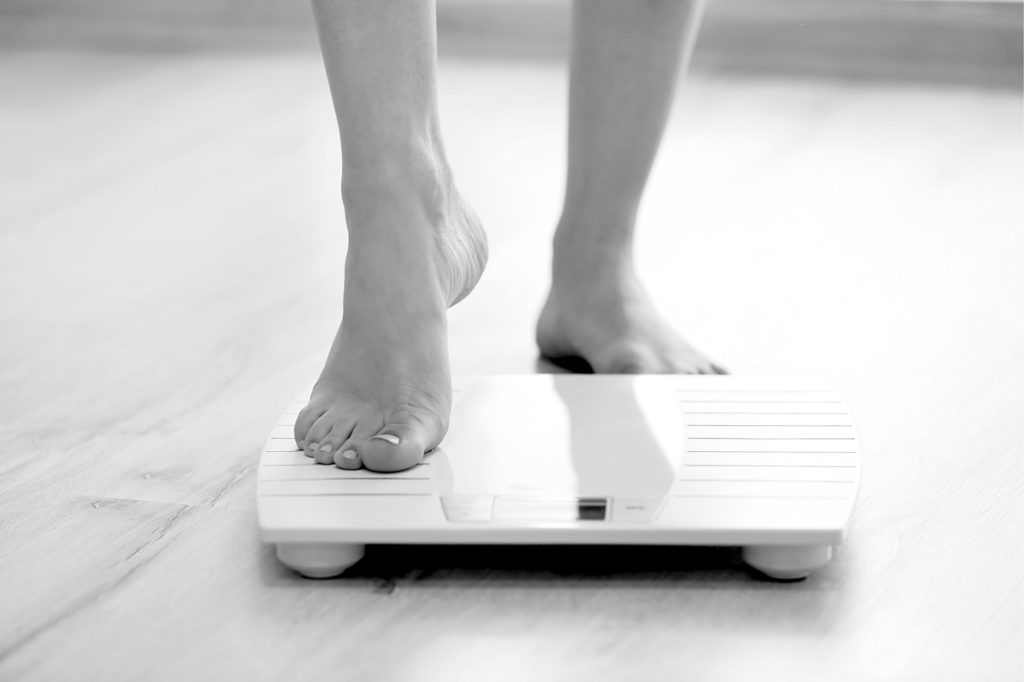This is the latest from our new column, ‘Dear Danni’, where Dannielle Miller shares tips on parenting kids aged 10+.
Dear Danni,
My daughter is worried about her friend who has started dieting in order to lose weight fast. She has tried explaining to her friend that she is making herself ill (apparently, she is getting dizzy) but the friend insists she is fat.
How can my daughter best manage this?
I am so encouraged that your daughter has identified her friend’s behaviours and attitudes as worrying. After all, in our culture even excessive dieting has become normalised; 50 per cent of teenage girls say they have been on a diet. In fact, a Sydney study of adolescents aged 11 to 15 reported that 16 per cent of the girls and 7 per cent of the boys had already employed at least one potentially dangerous method of weight reduction, including starvation, vomiting and laxative abuse.
Apart from the immediate health risks your daughter has already identified (such as dizziness) side effects of losing weight too quickly can include fatigue, irritability, issues with digestion and nutritional deficiencies.
For some young people, dabbling in dieting may also take a dark turn. Whilst anorexia and bulimia are complex mental illnesses understood to have various causes, we do know that they are most often triggered during adolescence through dieting.
Even if your daughter’s friend says her preoccupation with her size is nothing to be alarmed about, it sounds like it is time for your daughter to encourage her to seek professional help.
It’s important to note that commenting on her appearance won’t help; it might be tempting to tell her she looks too thin, or sick, in order to convince her to see a doctor, but if her self esteem is already low, these words will be hurtful.
Instead, your daughter can focus on the fact she cares, and on the health implications she has witnessed (like the dizziness).
If the friend cannot be convinced to seek help (and tell your daughter not to take this personally, she may not be thinking clearly at the moment), it will be time to pass on these concerns to the girl’s parents or carers.
If your daughter knows her friend’s family well, she may feel comfortable doing this, or alternatively you could both reach out to a trusted teacher who will be able to convey the concerns. Early intervention is critical when it does come to disordered patterns of eating like sudden, excessive dieting.
As a good friend (which your daughter sounds like she definitely is) there are other things she can do to widen the circle of support too; you don’t want this young woman to feel isolated, or rejected. Perhaps the friendship group could pledge to try to make their hang outs body positive ; they might pledge to refuse to engage in talking about how unhappy they are with their appearance, to praise each other for things apart from just their looks, and to move for fun (girls and women who play sport tend to view their bodies more positively).
In a culture that often isn’t very kind to females, refusing to critique our appearance can in fact be an act of revolution (and teens love to embrace their inner rebel!).
I once asked a young woman I knew who was recovering from an eating disorder what was the most healing thing someone had done for her. She said that it was when a friend sent her a Book of Love. ‘It was just before I went into the most intensive treatment I’ve ever been in and I received a package in the mail,’ she recalled. ‘She’d filled a book with song lyrics, things she likes about me, inspiring quotes, and pretty stickers and other glittery things . . . She hadn’t told me she was going to send it, and it was such a lovely surprise. She left the last ten pages blank for me to fill in with positive things about myself.’
I think the Book of Love is a brilliant tool for reminding our friends how much they are cherished.
And Mum, I also want you to consider creating a book of love, or similar for your daughter too.
It’s not easy supporting a friend who is struggling.
The fact she is sharing her concerns with you is a testament to the bond you share, and something worth acknowledging, and celebrating.
Get Jugglehood in your inbox, our weekly newsletter for working parents.
Dannielle Miller is the CEO of Australia’s leading provider of in-school wellbeing programs for teens, Enlighten Education. She is also a best-selling parenting author, is employed as the Education Officer for Women’s Community Shelters, and is the founder of The School Toilet Project.

